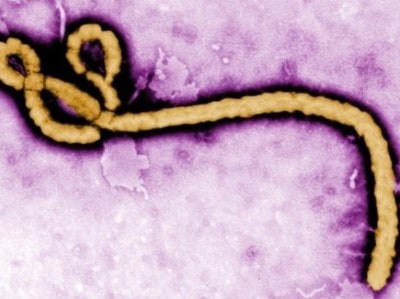Remdesivir: the antiviral drug is showing promise at attacking Ebola

 Is Remdesivir the cure for Ebola?
Is Remdesivir the cure for Ebola?
Just three years after the West African Ebola epidemic, fears are growing over the spread of the deadly disease in the Democratic Republic of Congo and into neighbouring countries, including Uganda, which last week confirmed cases.
And while containing the spread of the virus requires a many-pronged attack, antiviral drugs are a key element, which is where new research from the University of Alberta comes in. Scientists in the Department of Medical Microbiology and Immunology and the Li Ka Shing Institute of Virology have recently published results that show just how effective the antiviral drug remdesivir is at attacking Ebola right where it counts: at the genome level.
“Nobody can predict how this will end, and it certainly depends on social issues and the war situation [in the Congo]” said the U of A’s Matthias Götte, in a press release. “But in terms of treatment and prevention, we’re in a much, much better position.”
Götte’s team uncovered the process by which remdesivir, developed by Gilead Sciences during the West African Ebola epidemic, disrupts the virus’ attempts at genome synthesis, making it an effective therapy and standing as an example of how genome-targeting approaches to fighting disease can have greater efficacy than therapies attacking the virus directly through antibodies.
“It is reassuring if you have an inhibitor and you know how it works,” said Götte. “What it really does is it corroborates the previous data on animals and cell culture.”
Ebola, which killed more than 11,000 people during the 2014-2016 epidemic, is currently a serious threat in the Congo, which has identified over 2,000 cases under the new outbreak with over 1,400 deaths.
Last Friday, the World Health Organization said that it is not ready to declare the new outbreak an international emergency, as was done in the case of West Africa. The WHO said despite the recent spread to Uganda, declaring an international emergency at this stage would do more economic harm than public good.
“This is not a global emergency, it is an emergency in the Democratic Republic of Congo, a severe emergency and it may affect neighbouring counties,” said Dr. Preben Aavitsland, the WHO’s Emergency Committee’s acting chair. “It was the view of the Committee that there is really nothing to gain by declaring a PHEIC (Public Health Emergency of International Concern), but there is potentially a lot to lose.”

Staff
Writer
